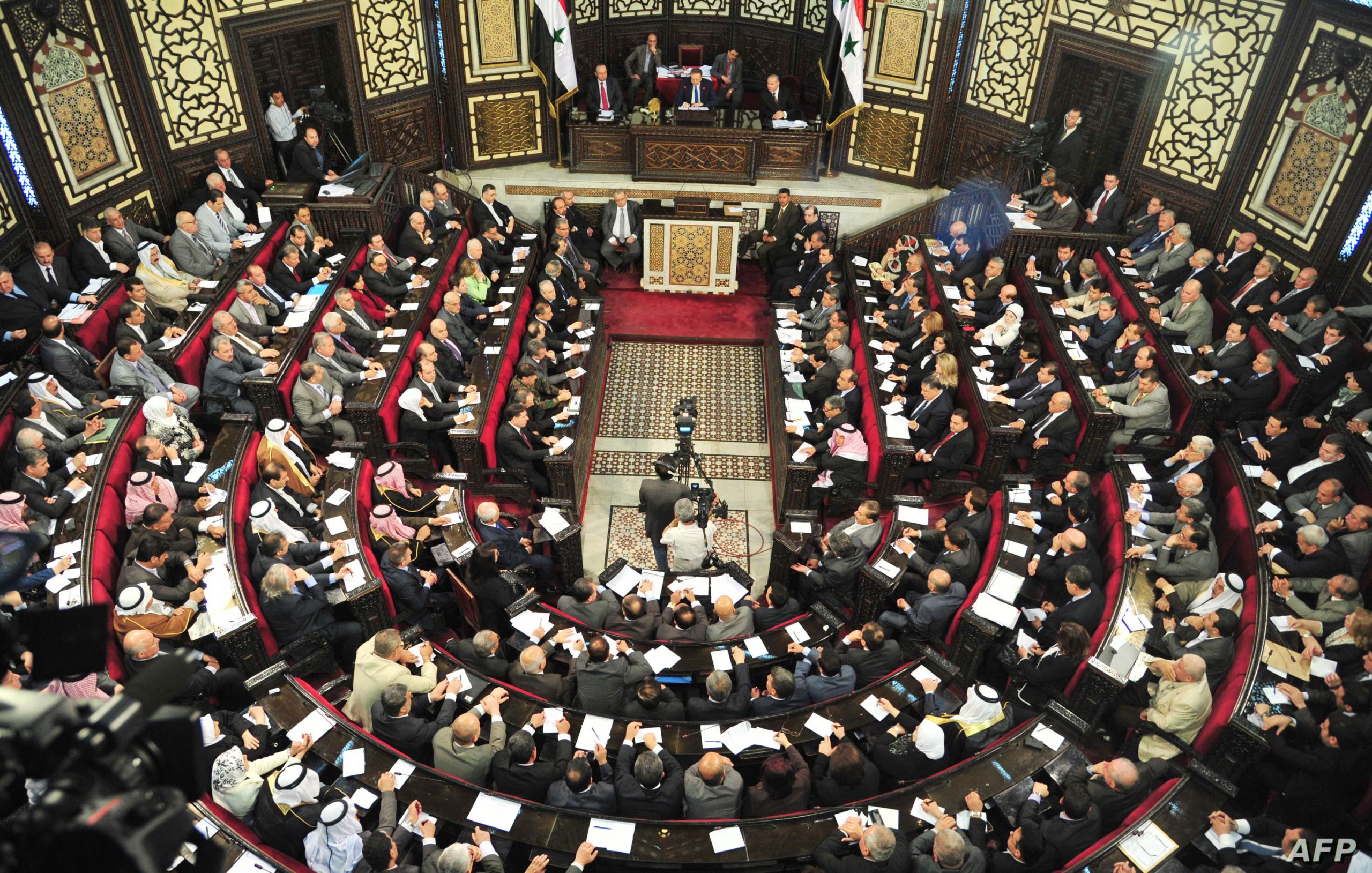The Supreme Commission for People’s Assembly Elections held its first press conference this morning, officially launching its operations. The event was attended by the commission’s chair, Mr. Mohammad Taha al-Ahmad, and its spokesperson, Mr. Nawar Najmeh.
A New Electoral Pathway, Not a Traditional Vote
In his opening remarks, Ahmad stressed that the commission is not overseeing a conventional election but rather one shaped by the responsibilities of Syria’s transitional phase. He underscored that the primary goal is to establish a People’s Assembly that truly represents all Syrians—across all segments of society—without exclusion or discrimination.
He revealed that the commission is currently drafting a provisional electoral framework that seeks to strike a balance between merit-based selection and broad social representation. According to this model, 70% of the assembly seats will be allocated to individuals based on professional competence, while 30% will be reserved for respected community leaders and dignitaries—a formula intended to promote both social and national cohesion.
Field Visits and Public Input
Speaking on behalf of the commission, spokesperson Nawar Najmeh announced that the commission has already begun field visits, starting in the capital, Damascus, to gather citizen input and suggestions regarding the upcoming parliamentary elections. These consultations aim to inform the drafting of the commission’s provisional internal regulations.
In response to a question from SANA, Najmeh affirmed that the commission is committed to ensuring that all candidates meet standards of good conduct and moral integrity. He noted that detailed candidacy criteria will be released at a later date, with a particular emphasis on qualifications and expertise.
Najmeh also expressed the commission’s hope to hold the elections within 60 to 90 days. He added that a series of public forums and outreach events will be organized to allow citizens to express their interest in running for office, reinforcing the principle of broad-based public participation.
Transparency Concerns and Legal Ambiguities
Despite official reassurances regarding the inclusivity and legitimacy of the electoral process, the commission’s statements sparked critical reactions and raised numerous questions among political and civil society actors. Chief among the concerns is the absence of a permanent legal framework, as the election will be conducted under a provisional system whose full parameters remain unclear.
Observers have pointed out that allocating 70% of seats to “competent individuals” and 30% to “notables” without a direct, competitive voting process could resemble appointment or acclamation rather than democratic election, potentially undermining the ideal of popular representation.
Others have questioned the feasibility of organizing elections across all Syrian provinces—especially in areas beyond the current government’s control, such as parts of the country’s northeast. Ahmad had suggested that in such regions, local dignitaries might be invited to form sub-electoral committees. While pragmatic, this approach was criticized by some as insufficient to ensure fair and inclusive electoral participation.
Additionally, the commission’s reference to “good conduct” as a prerequisite for candidacy—without clearly defined or public criteria—has raised concerns that such a condition could be used to exclude dissenting voices or politically undesirable candidates, casting doubt on the transparency and impartiality of the commission’s oversight.
This article was translated and edited by The Syrian Observer. The Syrian Observer has not verified the content of this story. Responsibility for the information and views set out in this article lies entirely with the author.


